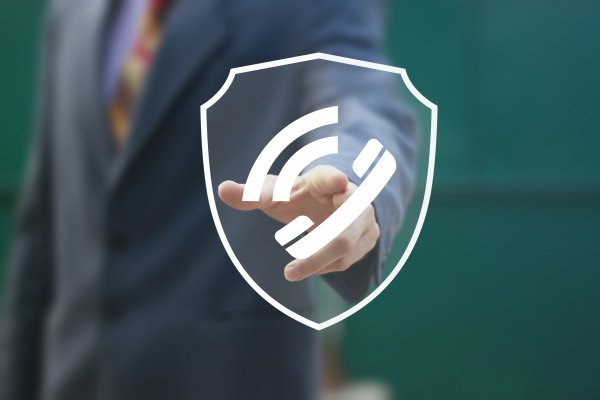Nowadays, the new trends in communication are Voice Over Internet Protocols, and for good reason. Traditional one-platform calling is too hassling and slow to keep up with today’s demands and needs. This is the case for both casual users and businesses.
Voice over Internet Protocol allows users to convert their voices into digital signals that can be sent over different platforms aside from the one they are using. For example, a laptop can call a cell phone no matter the proximity. Additional features like group calls and video calls make VOIP the most common type of communication nowadays.
The question is: is this type of communication safe? After all, it deals with the internet. Along the way, its path of travel of signals may be tampered with to be heard by a third-party. This raises questions among consumers and even businesses, because confidential information might be leaked if the connection isn’t secure enough.
Risks of internet connection while using Voip
Just as internet surfing isn’t safe on its own without security protocols and firewalls, the same can be said about Voice Over Internet Protocols. There is little control with IP addresses. Users can be vulnerable to spoofing attacks, one that can cause denial-of-service (DDoS) that can damage calling abilities. In this attack, users are deprived of their connection after a hacker overloads their system. This way, they can then take the administrative privileges of users, making it the worst possible scenario for users.
Eavesdropping can also happen if hackers take logs of your calls and their actual content. Through this, they can steal information about credit cards, money, bank accounts, and more. They can even access business data.
And just like with any other internet-using technology, you are also vulnerable to viruses and malware. Using softphones (software in PCs and laptops that allows users to simulate a telephone interface) may make you prone to these attacks.
And just like with e-mails, Voice Over Internet Protocols may make you prone to receiving spams, too. Instead of huge blocks of text that convinces you to try certain products or services, some have already transitioned into voice-message (still irritating either way).
In short, VOIPs are also vulnerable to the same risks that are associated with IP technology.
What can you do to increase your security while using Voip?
Firewalls are the best solution, as they provide both stability and security on a long-term scenario. A firewall doesn’t slow down your connection; it provides reliable security, and it is very convenient to use.
Another solution is to use Access Lists. In case a hacker is successfully taking hold of your information, this enables you to lock down your online account. This will block the hacker from using your account any further.
Virtual Private Networks or VPNs also help as they make you anonymous online and therefore harder to trace. A VPN also allows you to hide from third-parties that may want to keep track of your activities and the content you share online.
In the end, this only proves that the convenience and accessibility that Voice over Internet Protocols offer also come with equal responsibility from users. As a consumer, one needs to look for the most secure type of VOIP and to always inform about the dangers of using it.





